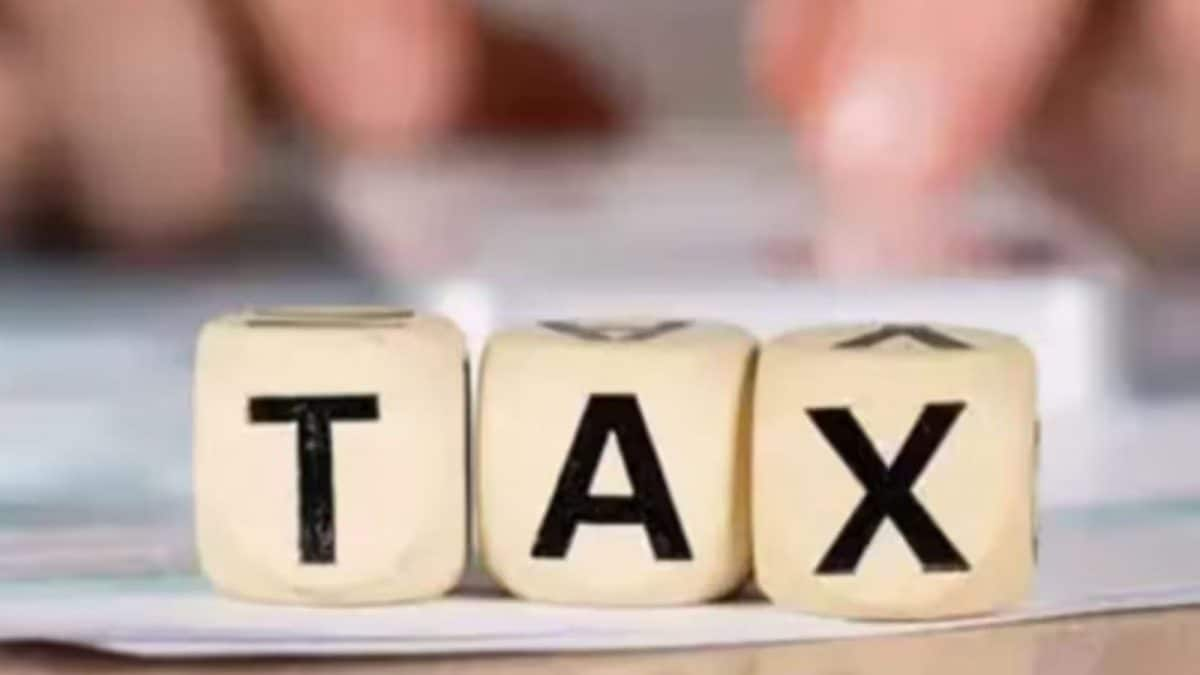Salaried Employees Can Pay Zero Tax On Rs 18.5 Lakh Income; Here’s How

Last Updated:August 07, 2025, 13:44 IST
Different government schemes for tax benefits, using which you can make your tax liabilities zero while still earning Rs 18,50,000 worth of gross income in salary.

How to make your tax liabilities zero despite reaching 18.5 lakh. (Representative Image)
Paying heavy taxes to the government and navigating through the cycle of monthly expenses can be frustrating for salaried employees. Every citizen of India wishes to enjoy a higher salary bracket but without being levied the hefty taxes that come with it. The dream for the salaried class is to make their tax liabilities zero while still getting a big pay cheque.
Under the new tax regime in play for the financial year 2025-26, your income up to Rs 12,75,000 can be tax-free after taking the benefit of standard deduction and tax rebate. However, if you have struck the 18.5 lakh mark with your annual income, can you still expect to reach zero tax liability through legal means? While tough, it’s not impossible to make your Rs 18,50,000 income tax-free.
As per the tax rates imposed on different tax slabs in the new regime, a standard deduction of Rs 75,000 can be expected to be provided on the Rs 18,50,000 gross income. After a standard deduction of Rs 75,000 on salary under Section 87A of the Income Tax Act, 1961, the taxable income will be Rs 18,50,00 minus Rs 75,000, which is equal to 17,75,000. With that understood, there are multiple tax benefit schemes offered by the government of India that you can invest in to eliminate your tax liabilities.
NPS Tax Benefit
An employer’s contribution to their National Pension System (NPS) account falls under tax benefits to taxpayers in the new regime for FY 25-26. Individuals can expect a maximum benefit of 14 per cent of their basic pay. Assuming that on an Rs 18,50,000 gross income, a basic salary will be Rs 9,25,000, the maximum NPS tax benefit available in that case will be Rs 1,29,500. NPS deduction will lower your taxable salary to 16,45,500 (Rs 17,75,000- Rs 1,29,500).
EPS Tax Benefit
While there is no tax benefit on the employee’s contribution to their own Employees’ Provident Fund (EPF) account, taxpayers can get a further benefit of 12 per cent on the employer’s contribution. At a basic pay of 9.25 lakh, the maximum EPF tax benefit available is Rs 1,11,000. After deducting which, your remaining taxable salary will be Rs 16,45,500 – Rs 1,11,000 = Rs 15,34,500.
Tax Benefits For PPF, Sukanya Samriddhi Account
PPF and Sukanya Samriddhi account holders may also get an additional Rs 17,500 tax benefit on investments worth Rs 1,50,000 and Rs 1,00,000, respectively, in these government-sponsored schemes. Following a deduction of the same, you will be left with a taxable income of Rs 15,17,000.
Post Office Scheme Interest
Under Section 10(15(i), a taxpayer may save up to Rs 3,500 worth of income tax on the interest earned in a post office scheme in the new regime.
Home Loan Tax Benefit
Under the new tax regime, a home loan with high interest makes you eligible for further valuable deductions. If you are paying higher interest than the rent you are getting, you can offset these losses against the profit. In a scenario where you are paying Rs 2,00,000 as home loan interest in a financial year and you are getting Rs 1,00,000 rent for the same property, you may receive Rs 1,00,000 tax benefit.
Family Pension
The government also provides tax exemption on family pension income up to Rs 25,000 or 1/3rd of the total pension in a financial year, whichever is lower.
Other Tax Benefits
The government of India’s tax benefit also applies to the tax levied on your entertainment, mobile, fuel, and transport bills. You can enjoy a tax exemption equal to Rs 1.5 lakh provided you have paid these bills for official purposes. Assuming that reimbursements at that stage are Entertainment bills (Rs 30,000), Transport allowance (Rs 70,000), Fuel bills- Rs 20,000, Mobile bills (Rs 15,000, Uniform bills (Rs 15,000), you should be left with a taxable income of not more than Rs 38,000 above the tax-free income limit of Rs 12,00,000.
From there, you can make your tax liabilities zero by showing a 100 per cent tax-free contribution to the Agni path Scheme under Section 80CCH(2). Also exempted is the Income from a life insurance policy under Section 10 (10D) as well as the Gratuity amount under Section 10 (10) up to Rs 25 lakh.
A team of writers and reporters decodes vast terms of personal finance and making money matters simpler for you. From latest initial public offerings (IPOs) in the market to best investment options, we cover al…Read More
A team of writers and reporters decodes vast terms of personal finance and making money matters simpler for you. From latest initial public offerings (IPOs) in the market to best investment options, we cover al… Read More
view comments
- Location :
Delhi, India, India
Read More
[title_words_as_hashtags




